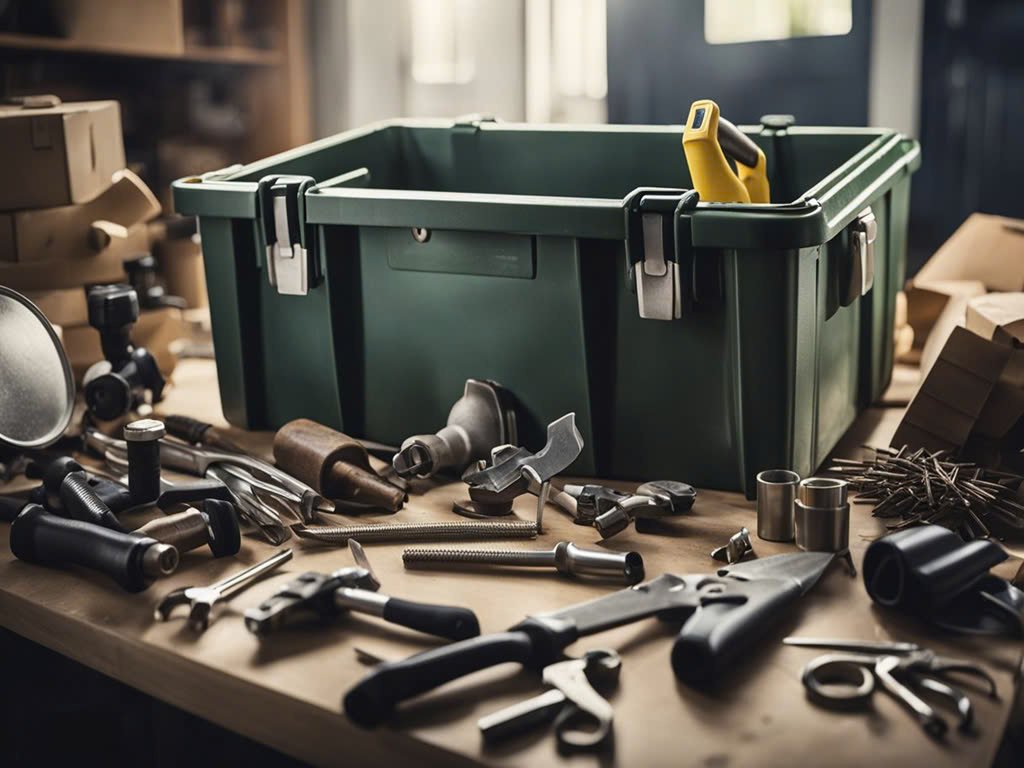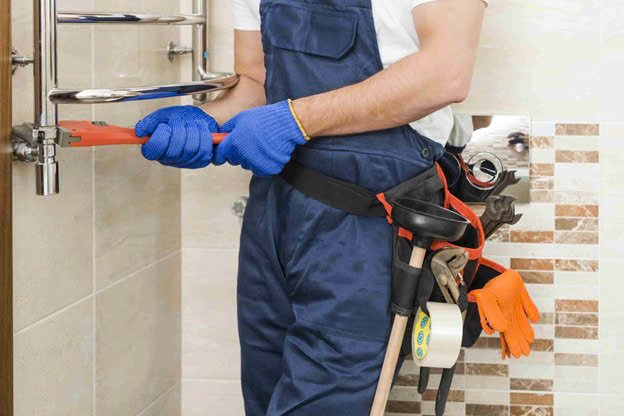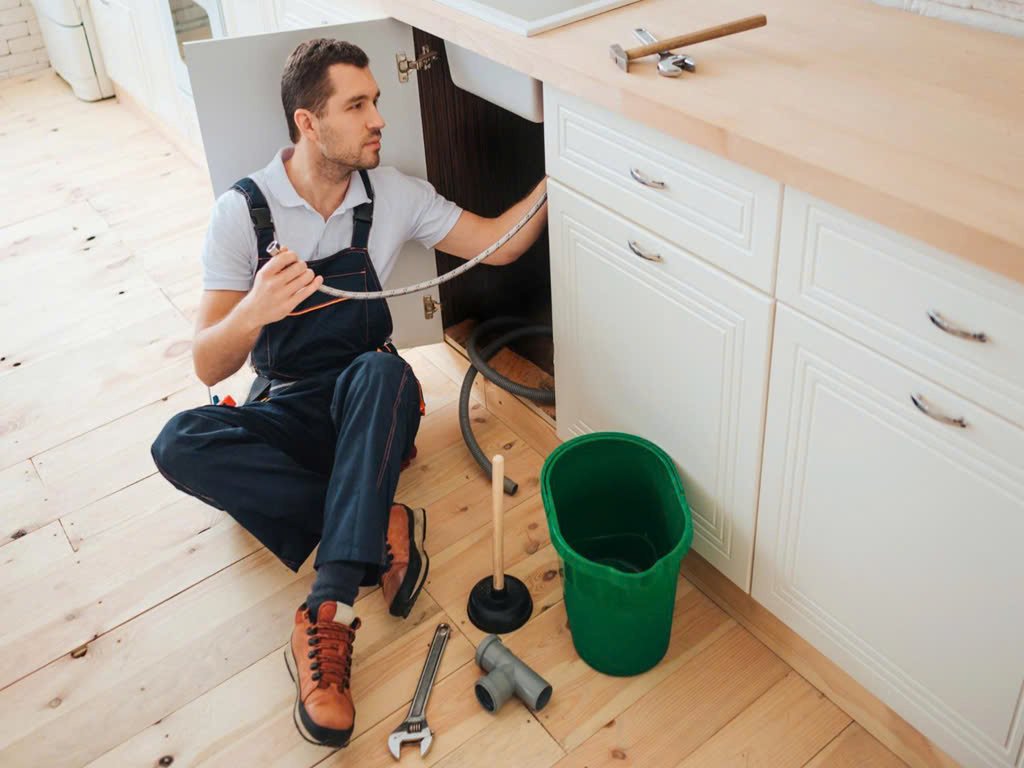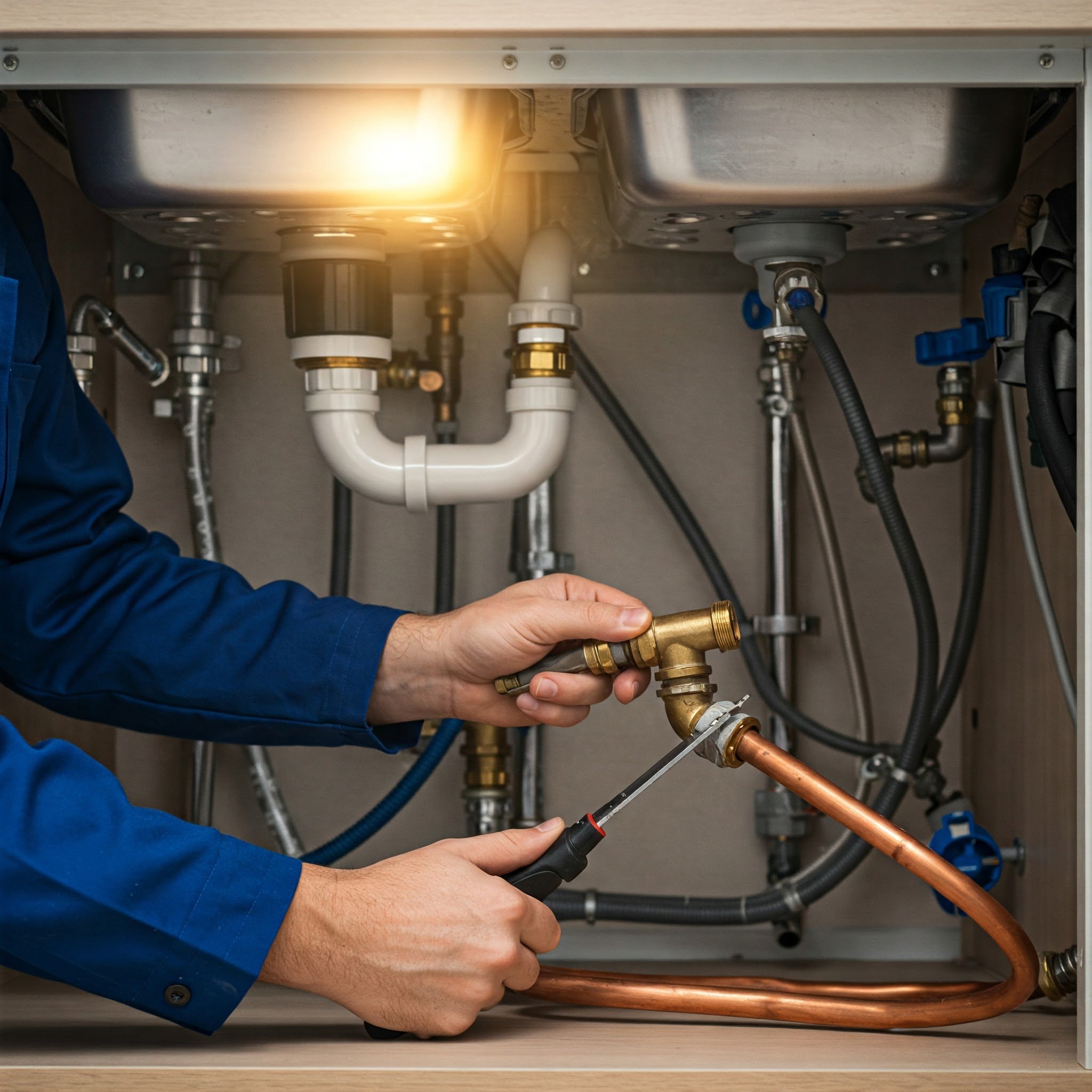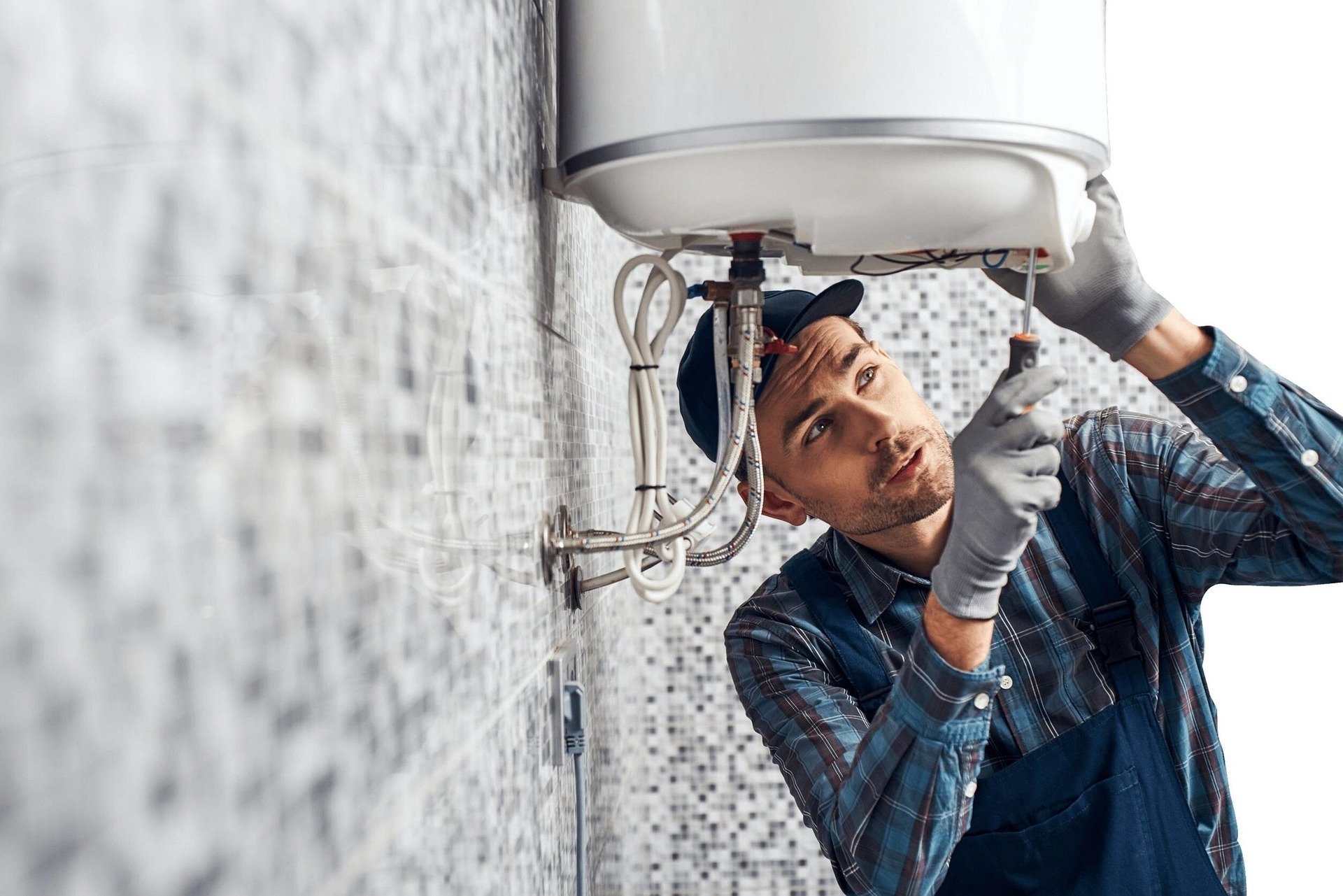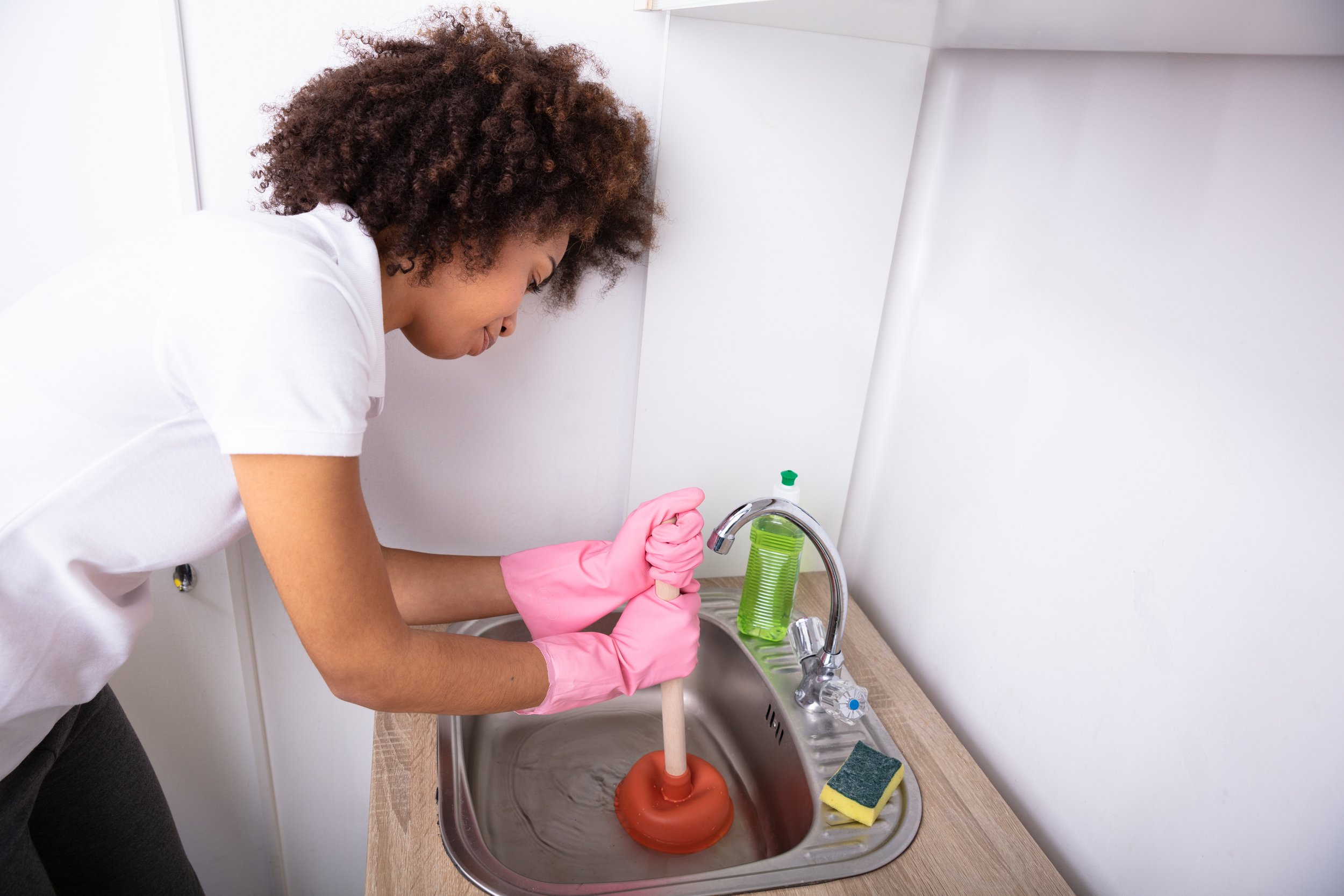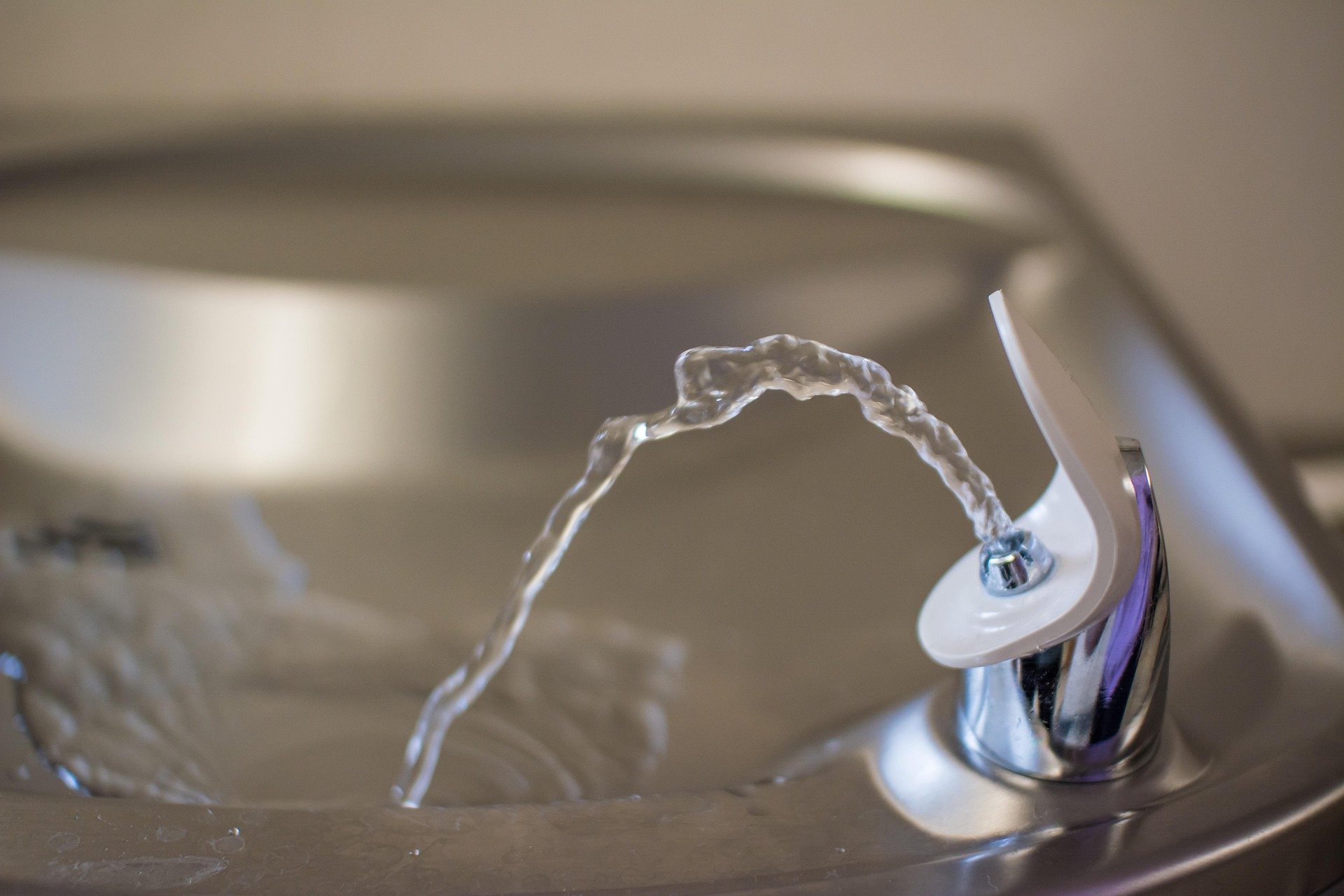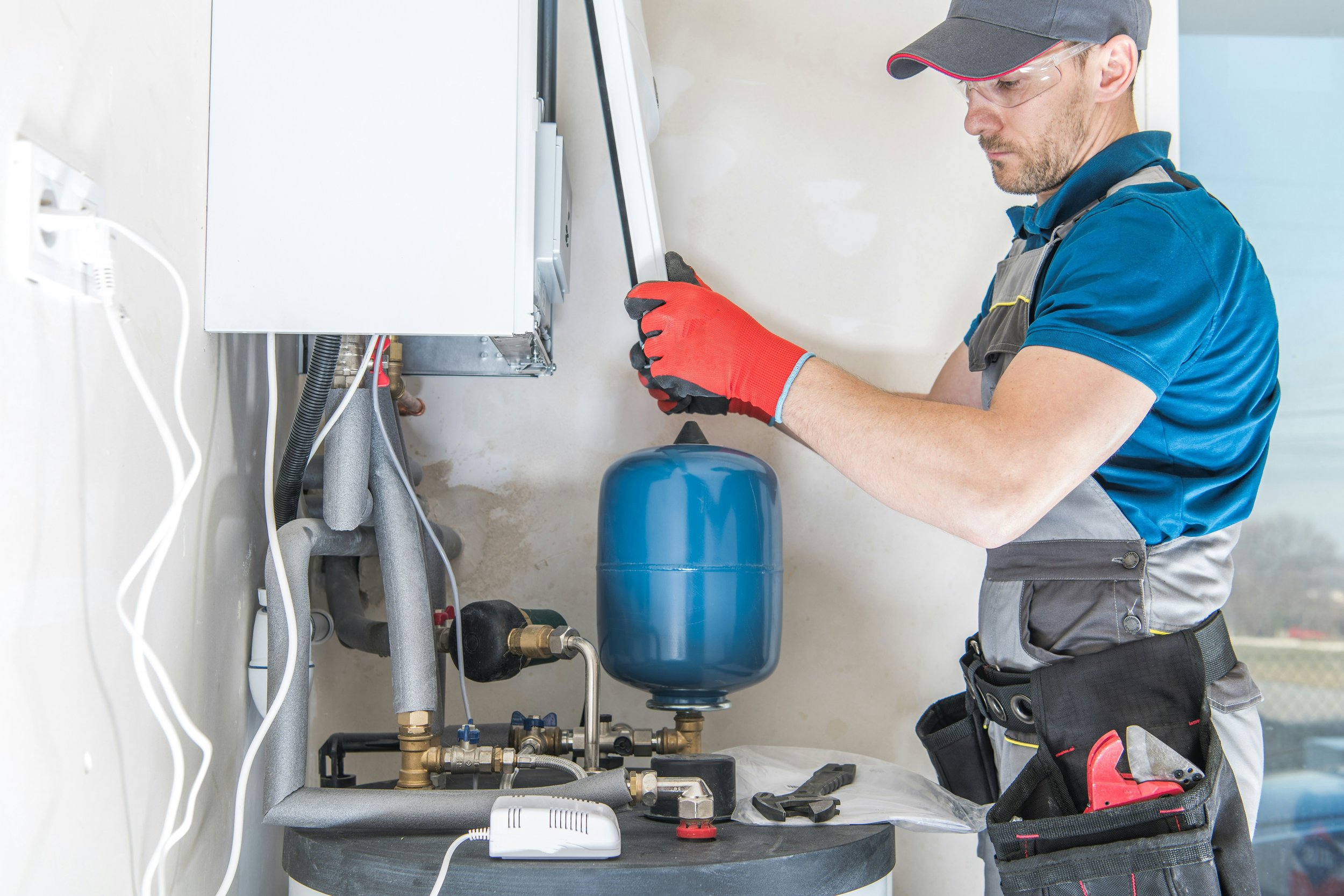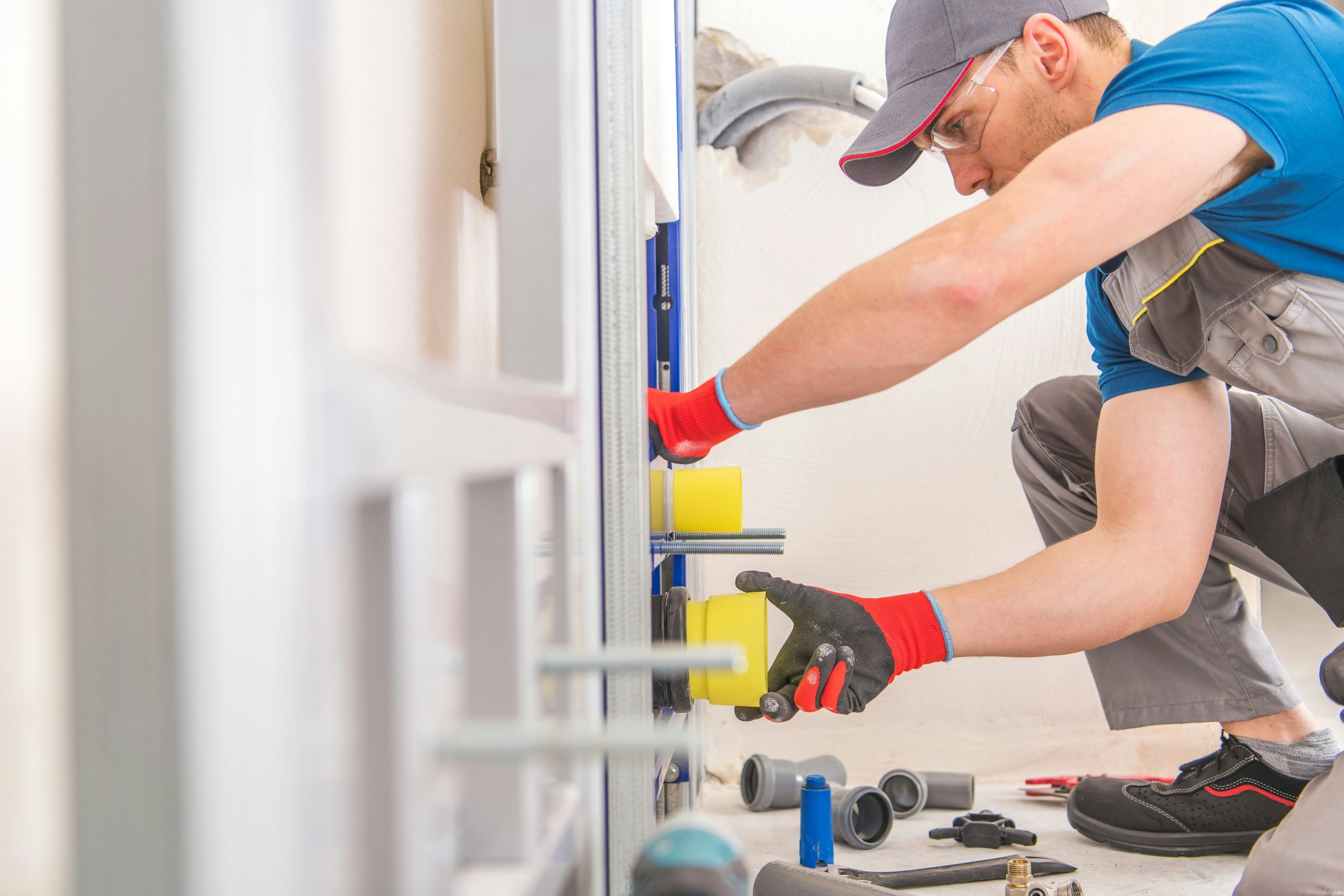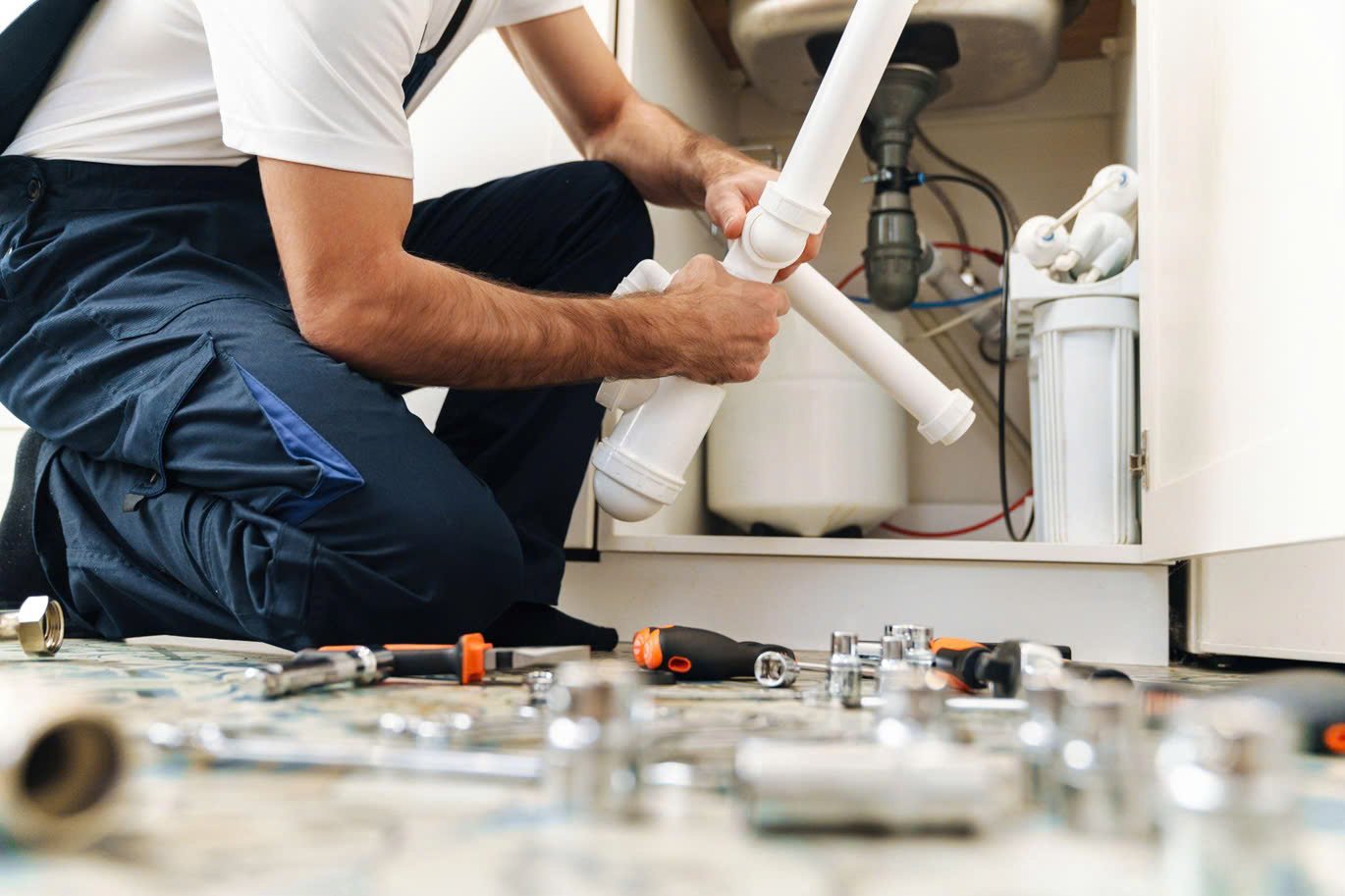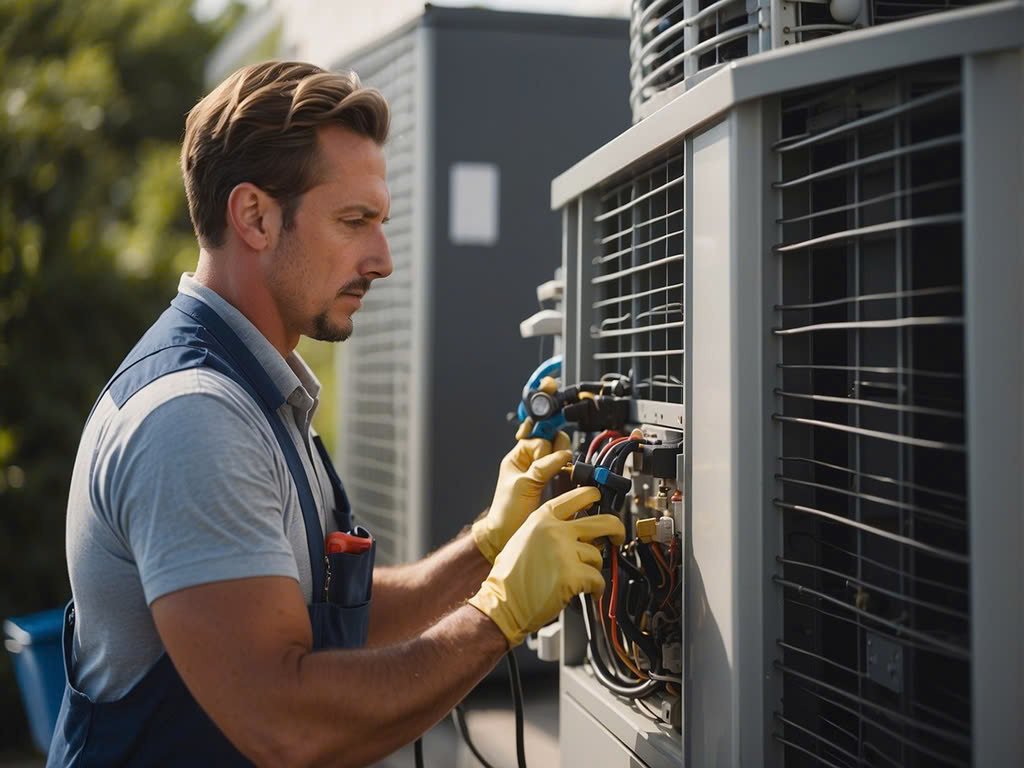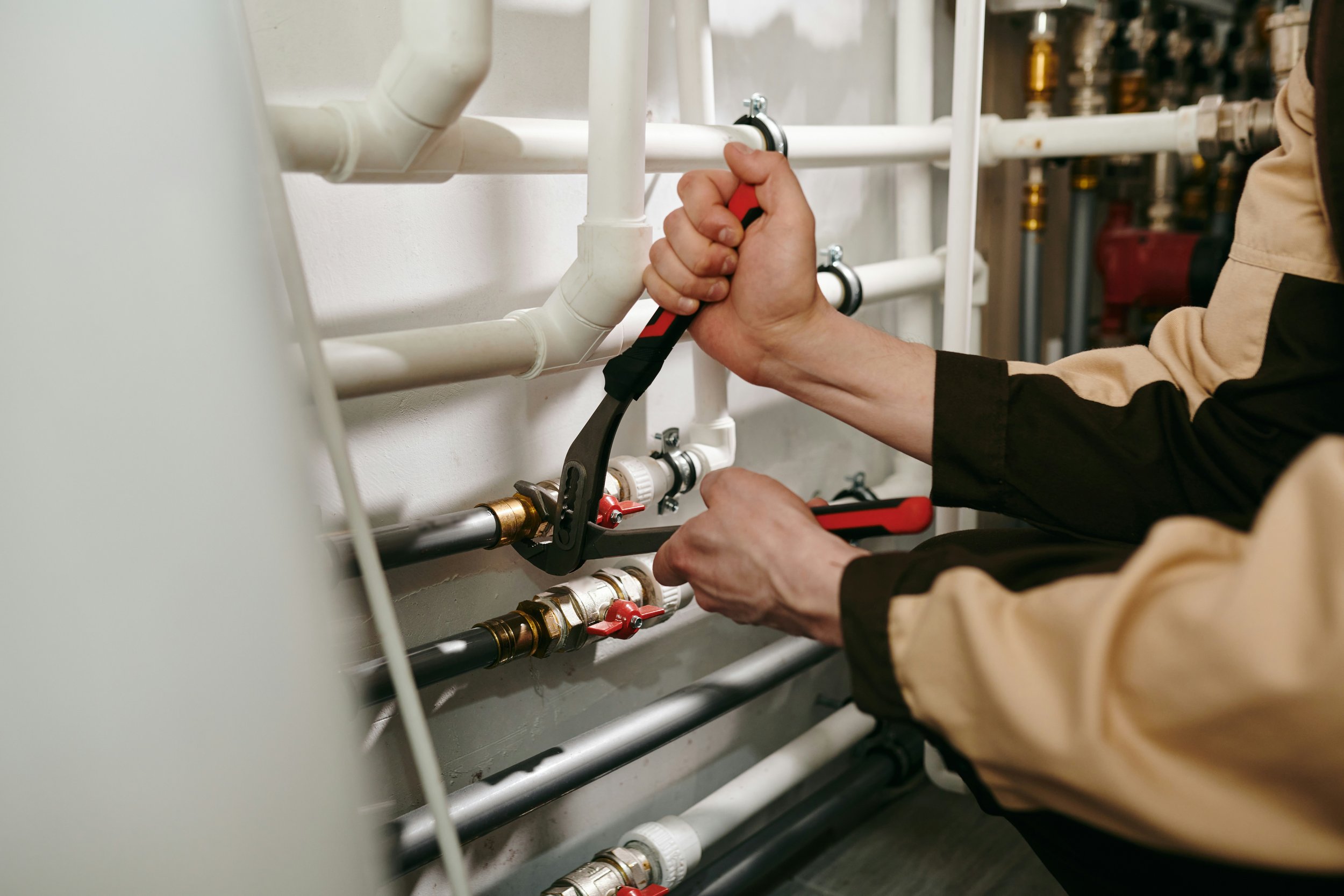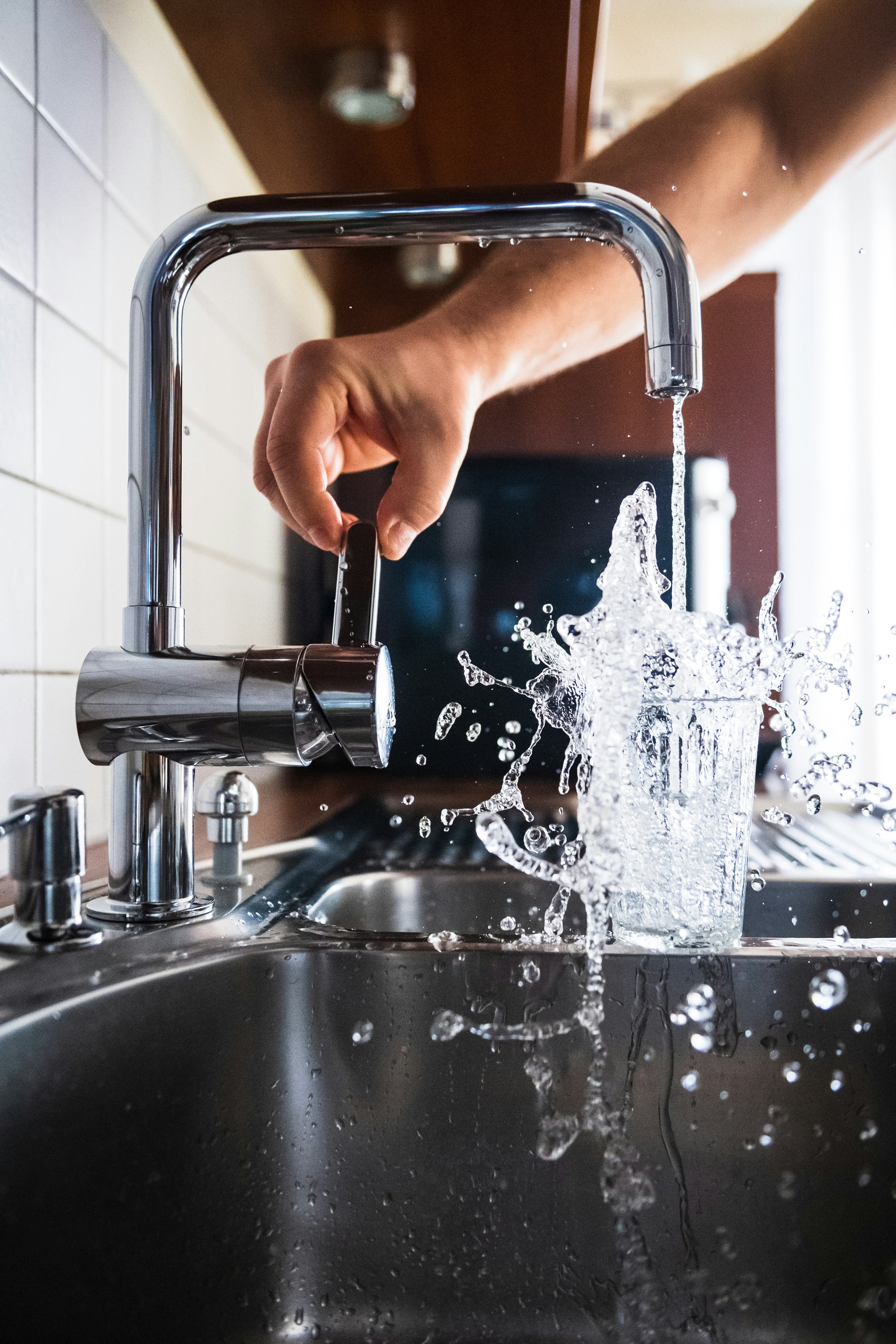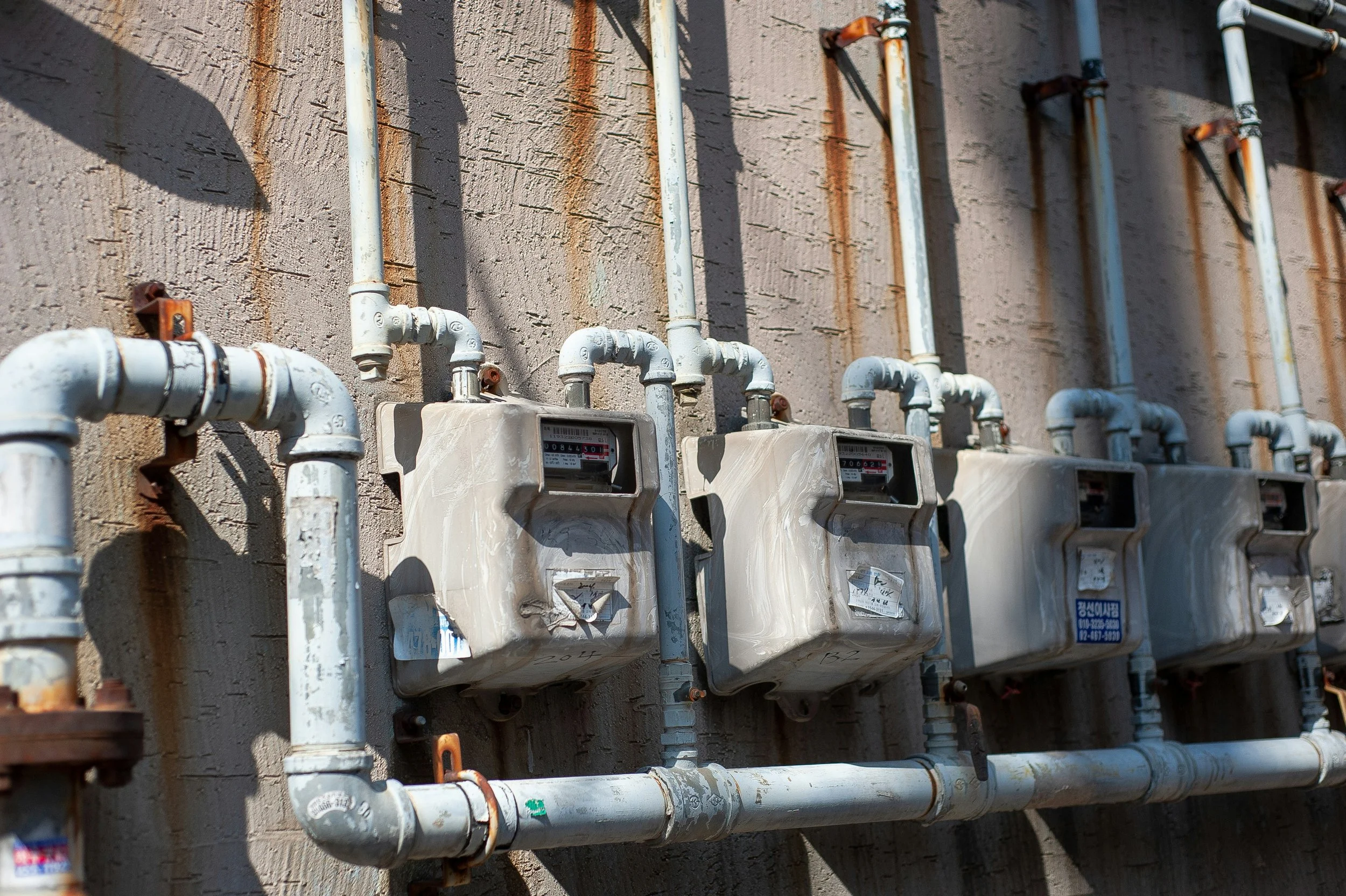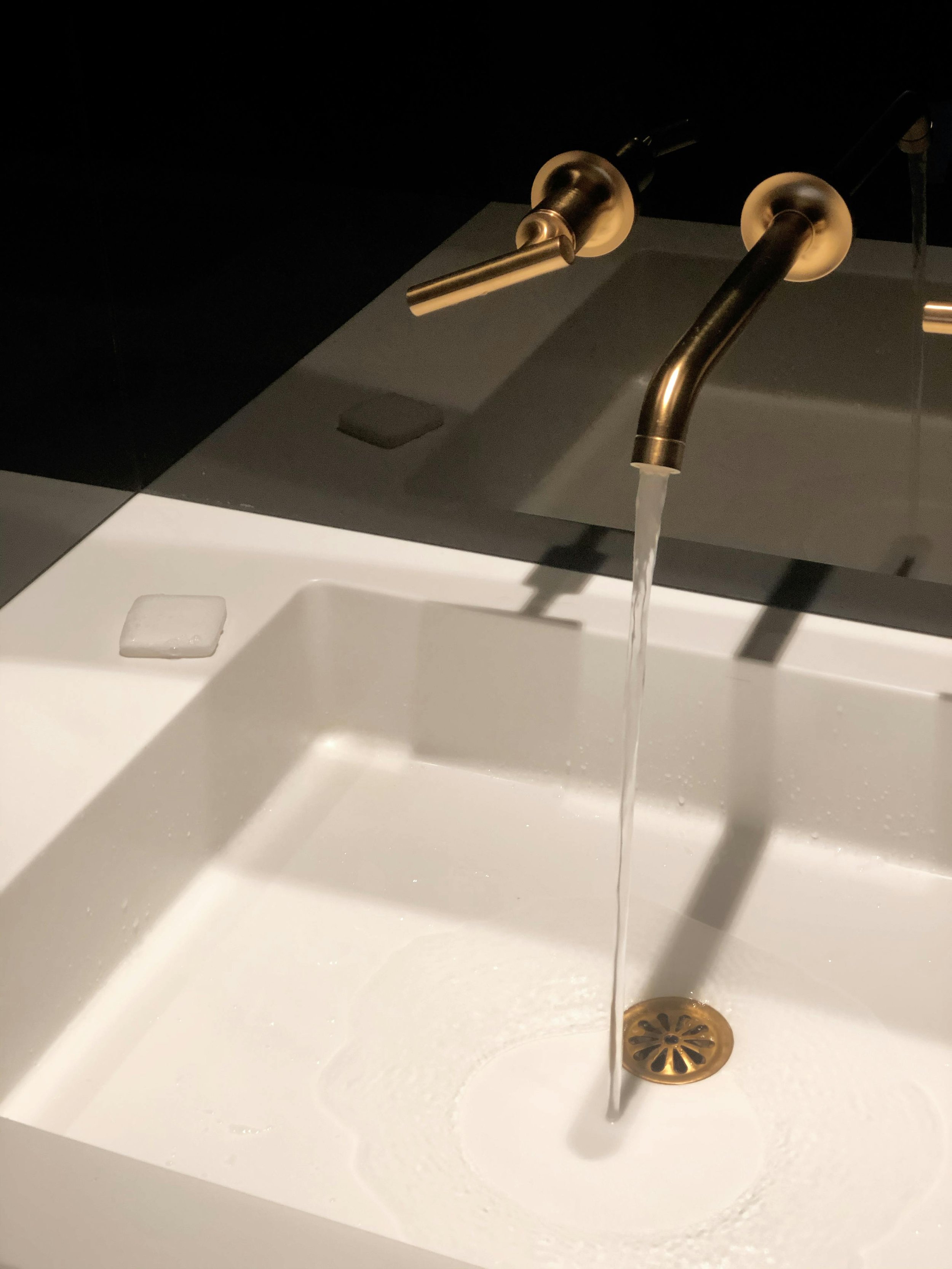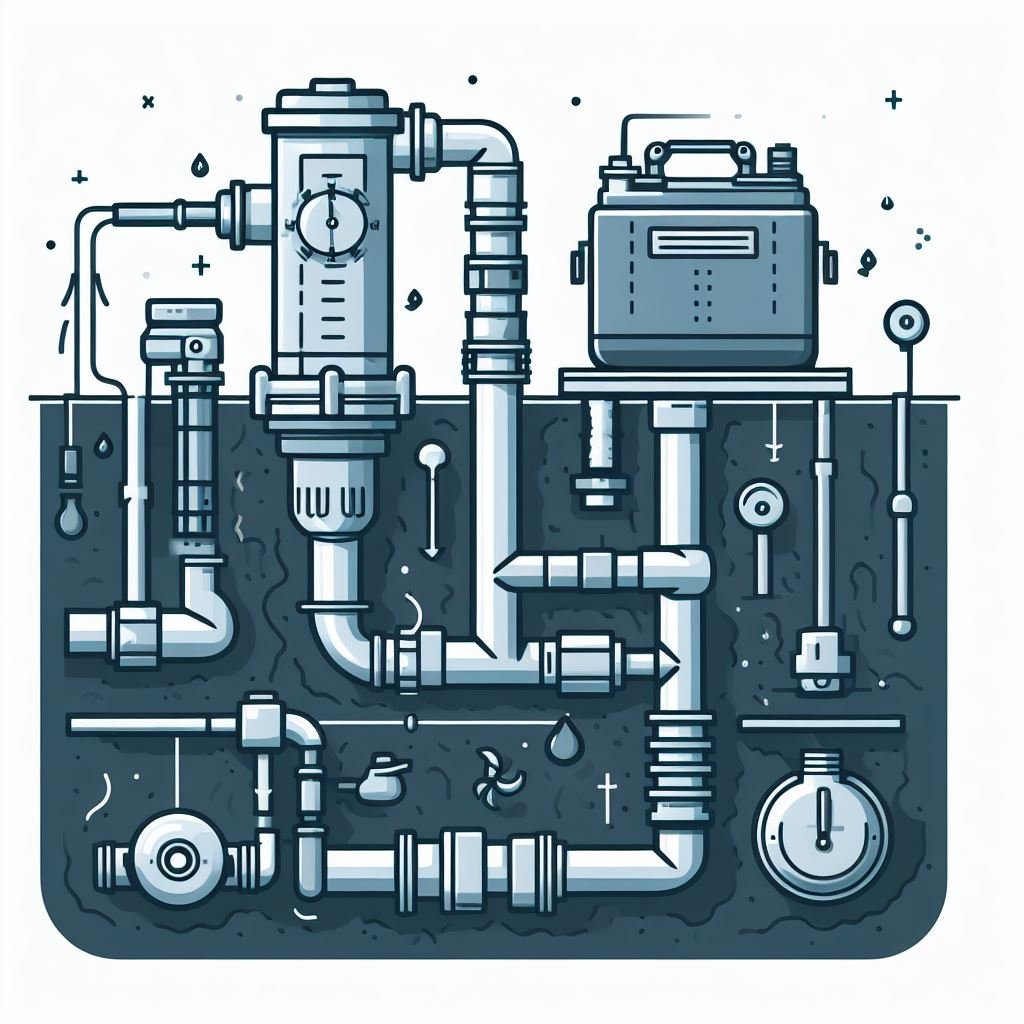Why Are Plumbers So Expensive
Explore the reasons behind high plumbing costs, from specialized skills to emergency services, and understand why plumbers charge premium rates.
Plumbing services often come with a hefty price tag, leaving many homeowners questioning the reasons behind the high costs. Several factors contribute to why plumbers are so expensive. From the specialized skills required to the cost of licensing and insurance, the expenses quickly add up.
Plumbers undergo extensive training and certification processes to ensure they can handle a wide range of issues safely and effectively. These professionals invest time and money into becoming experts in their field. Additionally, emergency services provided by plumbers often demand higher fees due to the immediate response required.
The tools and equipment used by plumbers are also costly, and these costs are passed on to the customer. Furthermore, operating a plumbing business involves overhead costs such as transportation, office space, and marketing. All these elements combine to explain why plumbing services can be so expensive.
Understanding Plumber Pricing
Cost Factors for Plumbing Services
Plumbers undergo extensive training and certification. This education ensures they can handle complex tasks safely and effectively. Labor costs reflect their expertise. Materials are another major expense. Pipes, fittings, and fixtures vary in cost. More durable or specialized materials increase the overall price.
Travel time and emergency services add to plumbing costs. Plumbers often charge extra for late-night or weekend calls. Equipment and tool upkeep also contribute to their rates. Insurance and licensing fees are mandatory for plumbers. These costs ensure homeowner protection but translate to higher service rates.
Comparison with Other Home Service Professions
Compared to electricians or HVAC technicians, plumbers generally command higher fees. This is partly due to the immediate nature of plumbing issues; leaks and blockages can't wait. Electricians and plumbers both require specialized training. Electricians may charge less because electrical issues often allow more response time.
HVAC technicians face different challenges. Their services are usually preventative and scheduled, rather than urgent. This planned nature can lower their costs compared to emergency plumbing calls. The varied urgency and complexity of plumbing work justify the higher charges compared to many other home service professionals.
Qualifications and Training of Plumbers
The Journey to Becoming a Licensed Plumber
Training to become a licensed plumber typically involves a combination of classroom education and hands-on apprenticeship. Aspiring plumbers often start with a vocational program covering fundamental skills and safety protocols.
Upon completing their initial education, candidates must then enter an apprenticeship, usually lasting 4-5 years. During this period, they work under the supervision of certified plumbers to gain practical experience.
Ongoing Education and Certification
Continuous education is mandatory to keep up with technological advancements and regulatory changes in the plumbing industry. Plumbers attend workshops, training sessions, and courses throughout their careers to stay updated.
Certification organizations often require plumbers to renew their licenses every few years. This renewal process involves taking updated courses and passing exams to ensure they remain knowledgeable in their field.
Certification renewal typically includes:
Attending professional development courses.
Completing a certain number of working hours.
Passing a re-certification exam.
Operational Costs Behind Plumbing
Tools, Equipment, and Technology
Plumbers require a wide array of tools to perform their tasks efficiently. From basic hand tools like wrenches and pipe cutters to advanced equipment such as pipe inspection cameras, the costs add up.
Basic Tools:
Wrenches
Plungers
Pipe Cutters
Advanced Equipment:
Hydro Jetting Machines
Inspection Cameras
Leak Detection Devices
These tools need regular maintenance and sometimes replacement, adding to the costs. Moreover, they must stay updated with the latest technology to provide superior service, further increasing expenditures.
Insurance and Liability Considerations
Insurance is non-negotiable for plumbers due to the nature of their work. They often deal with potentially hazardous situations, increasing the risk of accidents.
Types of Insurance:
General Liability Insurance: Covers property damage and bodily injuries.
Workers' Compensation Insurance: Protects employees in case of on-the-job injuries.
Commercial Auto Insurance: Covers vehicles used for business purposes.
These insurance premiums are costly but essential. Without them, plumbers would be exposed to significant financial risks from potential lawsuits and claims. This necessity significantly impacts the overall cost structure in the industry.
Additional Factors Influencing Plumbing Costs
Geographic Location and Market Demand
The cost of plumbing services can also vary significantly based on geographic location and local market demand. In urban areas where the cost of living is higher, plumbers often charge more to cover their increased expenses. Conversely, in rural areas, while the demand might be lower, the scarcity of qualified professionals can drive up prices. High-demand areas typically see higher rates due to the competitive nature of the service industry.
Time Sensitivity and Availability
Plumbing issues often require immediate attention, especially in cases of severe leaks, burst pipes, or sewage backups. This urgency means that plumbers must be available at all hours, ready to respond to emergencies. The availability of 24/7 services is a significant factor in the higher costs, as plumbers need to be compensated for working outside regular business hours, including nights, weekends, and holidays.
Complexity of the Job
The complexity of a plumbing job can greatly influence the cost. Simple tasks like fixing a leaky faucet or unclogging a drain are generally less expensive than more complex jobs such as installing new plumbing systems, repairing sewer lines, or dealing with extensive water damage. Complex jobs require more time, specialized skills, and often more expensive materials, all of which contribute to higher costs.
Regulatory and Compliance Costs
Plumbers must adhere to local, state, and federal regulations, which can be stringent and vary widely by location. Compliance with these regulations often requires additional training, certification, and adherence to safety standards, which can increase operational costs. For example, plumbers must ensure that their work meets building codes and environmental regulations, which can involve more meticulous planning and execution, thus increasing the overall cost of services.
Customer Service and Warranty
Many reputable plumbing companies offer warranties on their work, which provides peace of mind to customers but also adds to the cost of doing business. Providing excellent customer service, maintaining a good reputation, and offering guarantees require investment in quality control, follow-up services, and potentially rectifying any issues that arise post-service, all factored into the pricing.
The Value of Professional Plumbing Services
While hiring a professional plumber can be expensive, it's essential to consider the value they provide. Professional plumbers bring expertise, experience, and reliability, ensuring that the job is done correctly and safely. Attempting to do plumbing work without the proper knowledge can lead to more significant problems and higher expenses in the long run.
Preventative Maintenance
Investing in professional plumbing services can also be considered preventative maintenance. Regular inspections and maintenance can prevent major issues from developing, saving homeowners from costly repairs and extensive damage. Professional plumbers can identify potential problems early and recommend solutions, which can be more cost-effective than emergency repairs.
Peace of Mind
Hiring a licensed and insured plumber provides peace of mind. Knowing that a qualified professional is handling the plumbing issues reduces the stress and potential risks associated with DIY repairs. Furthermore, professional plumbers are accountable for their work, and reputable companies will address any issues that arise after the service is completed.
Conclusion
Understanding why plumbers are so expensive involves recognizing the various factors that contribute to their rates. From the extensive training and certification required to the high costs of tools, equipment, and insurance, these professionals invest significantly in their trade. Geographic location, market demand, job complexity, and regulatory compliance further influence pricing. Despite the high costs, the value of professional plumbing services lies in their expertise, reliability, and the peace of mind they provide. Homeowners should consider these aspects when evaluating the costs and benefits of hiring a professional plumber.
